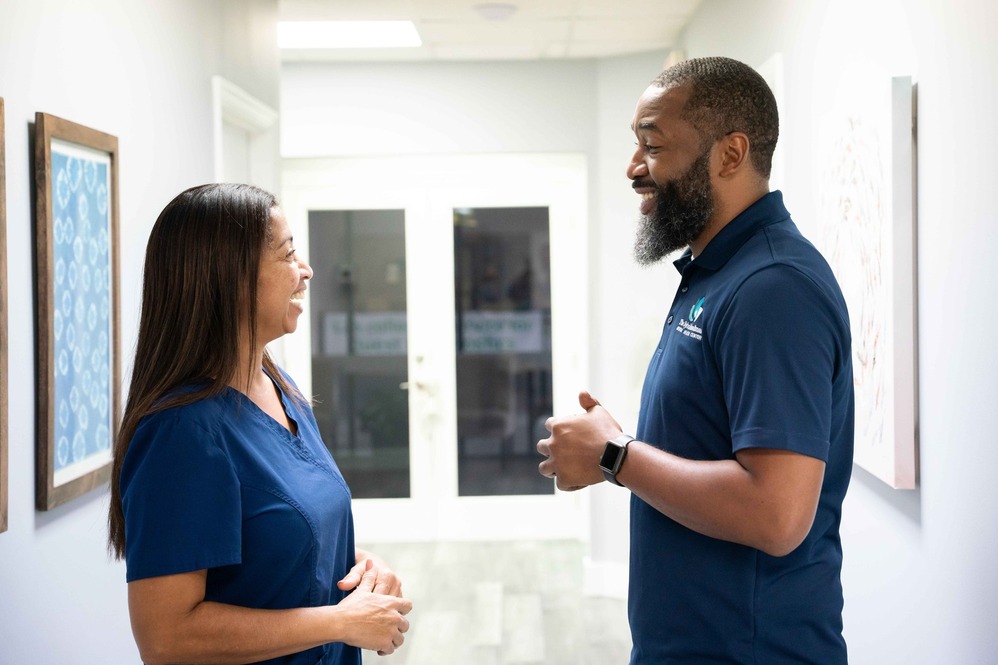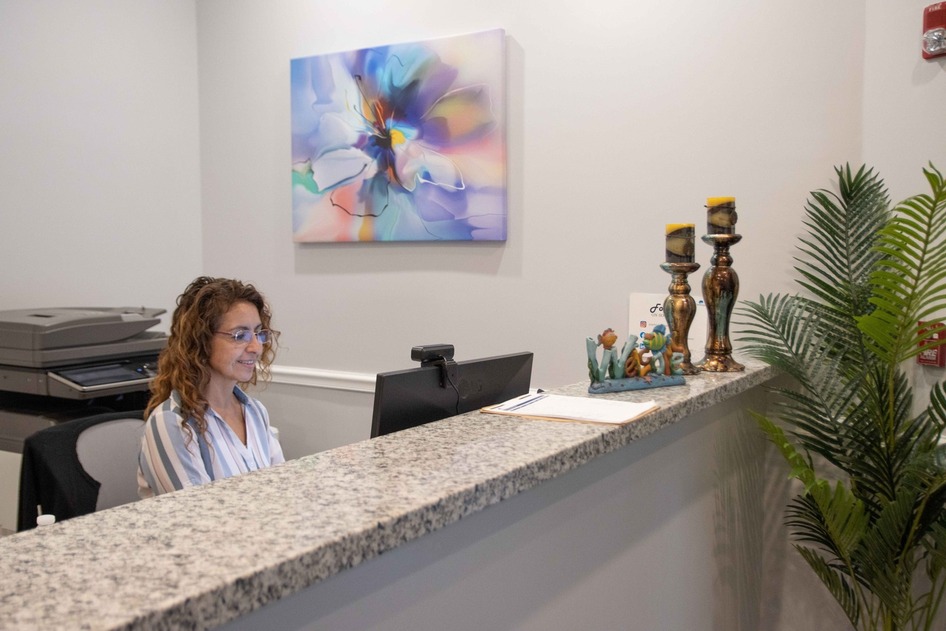At The Sylvia Brafman Mental Health Center, you can find a dedicated mental health rehab facility in Florida that specializes in agoraphobia counseling and therapy. Our comprehensive treatments include Intensive Outpatient Programs (IOP), Partial Hospitalization Programs (PHP), and other options to fit your specific needs.
As a comprehensive mental health treatment center, we adopt a unique, holistic approach to your care. To explore your agoraphobia treatment options, schedule a free assessment, or check your insurance coverage details, call us at (877) 958-9212. We’re here to support you on your journey to healing at our agoraphobia treatment center in Florida.










